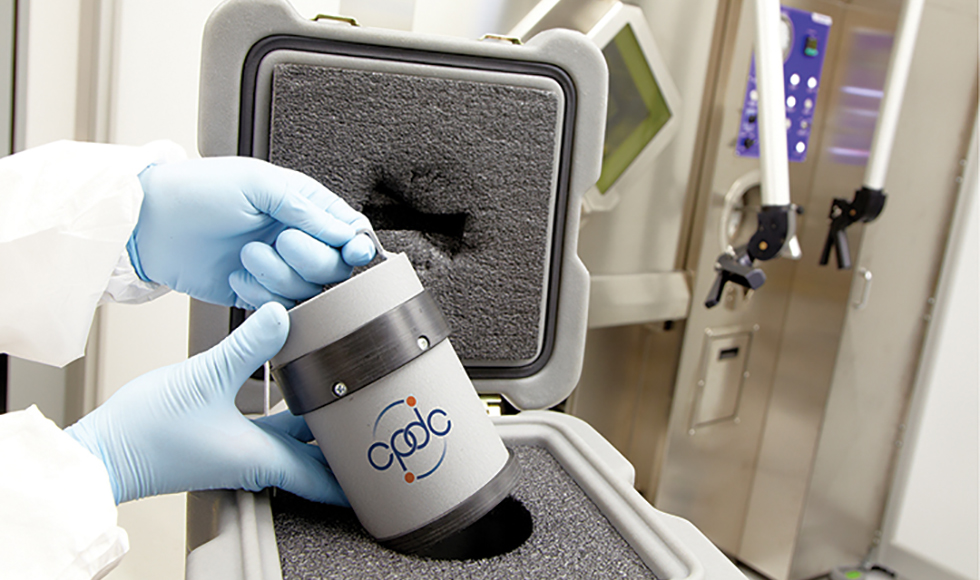CPDC and McMaster Nuclear Reactor sign research agreement for production of high value medical isotopes

The Centre for Probe Development and Commercialization (CPDC), a global leader in the development, production and commercialization of radiopharmaceuticals, and the McMaster Nuclear Reactor facility (MNR), a leading research reactor program that provides a source of medical radioisotopes, announced today that they have signed an agreement to explore the development of processes to produce rare and high-value medical radioisotopes utilizing the nuclear reactor at McMaster and CPDC’s GMP production capabilities. The companies have signed a Memorandum of Understanding to explore the production and processing of important radioisotopes that are increasing in clinical utility but are in limited supply.
“The combination of expertise that has been built at MNR and CPDC and leveraged at McMaster is another great example of our ability to capitalize on our unique strengths to develop research partnerships,” said Karen Mossman, acting Vice President, Research. “This joint-development project has great potential to address a growing concern in nuclear medicine and will accelerate the commercialization of our world-class research.”
“MNR is a world leader in the production of critical radioisotopes, including iodine-125 used in the treatment of cancer,” commented Chris Heysel, McMaster’s Director of Nuclear Operations and Facilities. “By developing innovative production methods the CPDC-MNR plan will ensure that the medical community has access to a reliable source of medical radioisotopes for both therapeutic and diagnostic purposes.”
Dr. Robert Sutherland, Chair of CPDC, remarked that “CPDC was recently awarded $10.5 million in federal funding, earmarked in part to help reinforce the role of Canada as a global leader in the development and supply of medical isotopes.” The funding announcement also acknowledged CPDC as the only National Centre of Excellence for Commercialization and Research to receive three consecutive rounds of federal NCE funding.
Dr. Joe McCann, CPDC’s Chief Operating Officer, described the agreement as timely since the need for high quality medical isotopes is growing dramatically as new innovative therapies are entering clinical trials and nearing market authorization. “There currently exists a significant gap in the supply of certain high quality, GMP-grade medical radioisotopes in North America to ensure patient access to the new therapies coming to market. This agreement presents a unique opportunity to combine the strengths of MNR in radioisotope R&D and production with CPDC’s strengths in quality, regulatory, GMP and commercialization to create solutions that will address an unmet need in medical isotope supply. This collaboration has tremendous potential to make a significant impact on patient care in Canada and globally.” CPDC is involved in a number of late clinical stage radiopharmaceutical development programs that will benefit directly through this enhanced relationship with MNR.
Radioisotopes and radiopharmaceuticals are increasingly being used to treat deadly diseases like neuroendocrine tumours and prostate cancer. CPDC’s contract manufacturing division is supplying radiopharmaceutical drugs for each of these disease indications yet the true potential for improvement in patient care is constrained by the lack of availability of certain radioisotopes. The joint CPDC-MNR effort will explore how specific isotopes can be produced in MNR’s reactor. Reactor operations, isotope production and processing will be completed by MNR while the final GMP radioisotope product will be produced by CPDC. The objective of the joint-effort is to meet the growing demand for these isotopes.

